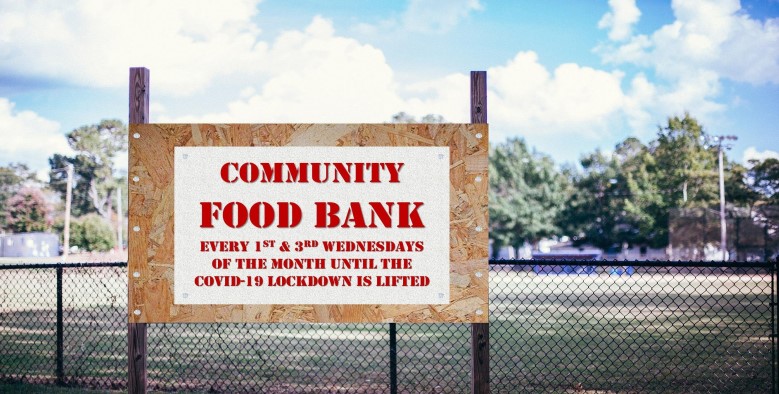Feeding the Future? Evidence on Food Insecurity in the UK

Although there is ample evidence that food insecurity is a long-term and pressing social problem in the UK, policy responses have been inadequate to ensure the right to food is being met for all. UK Government data show ~1-in-7 households faced food insecurity in 2019-2020, and in February 2022 around 1 million adults in the UK reported that, during the past month, someone in their household had to go a whole day without eating due to difficulties affording or accessing food. Marginalised groups, including households in receipt of Universal Credit, face disproportionately high risks of food insecurity. Austerity, Covid, poverty, and the climate crisis are all drivers of this pressing social problem. Food charities have sought to help food insecure households as best they can but, as this policy brief explains, charities are ultimately unable to fix the large-scale structural drivers of food insecurity. In order to address food insecurity in both the short-term and the long-term, urgent Government action is needed to scale up social protection and reduce carbon emissions. This includes, but is not limited to, removal of conditionalities and scaling up of Universal Credit and other income support programs.
A new policy brief, summarising the issues, can be found here: Food Insecurities Policy Brief
For further details, contact Dr Jasmine Fledderjohann (j.fledderjohann@lancaster.ac.uk)

